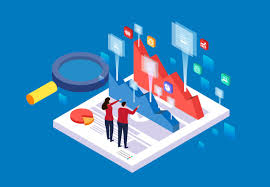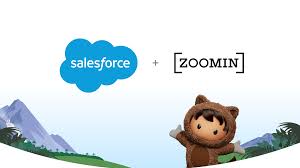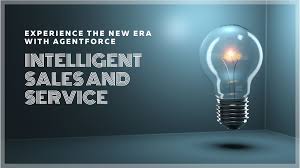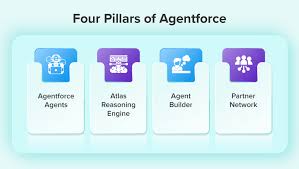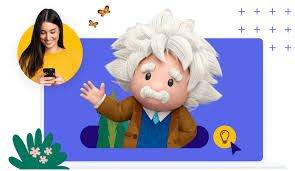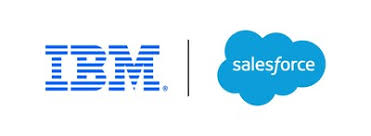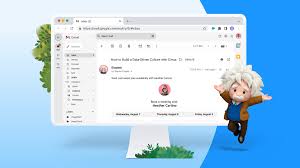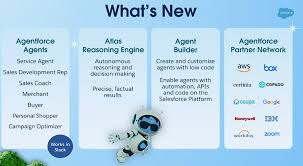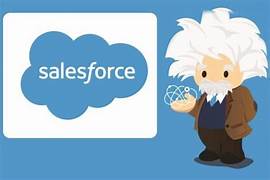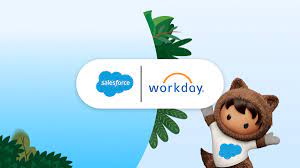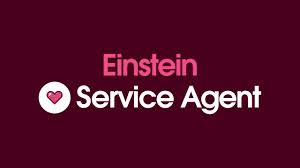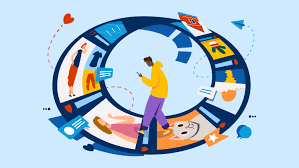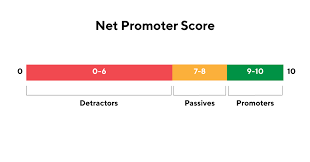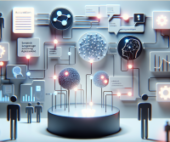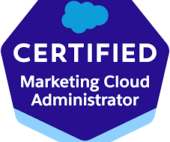Salesforce Continues to Push the Boundaries of AI Innovation
In a strategic move to enhance its AI capabilities, Salesforce has announced the acquisition of Zoomin, a leader in unstructured data management solutions. This acquisition, expected to finalize in the fourth quarter of Salesforce’s fiscal year 2025, aligns with the company’s mission to dominate the enterprise AI landscape through its Agentforce platform. The acquisition further highlights Salesforce’s commitment to advancing AI-driven customer experiences and operational efficiency. Financial details of the transaction were not disclosed, but Salesforce confirmed that it would not affect previous earnings guidance. Previously, in discussions around Service Cloud’s push for Unified Knowledge, there were concerns about relying on partners like Zoomin. This acquisition addresses those concerns by filling a critical gap in Salesforce’s product offerings and adding new functionalities to Data Cloud. Strengthening Data Cloud for AI Zoomin’s technology will enhance Salesforce’s Data Cloud by providing improved support for managing unstructured data—a cornerstone of modern AI systems. This is a critical step in Salesforce’s AI strategy, particularly for the Agentforce platform, as it enables more comprehensive, context-aware AI capabilities. Rahul Auradkar, Salesforce’s EVP & GM of Unified Data Services & Einstein, stressed the importance of this acquisition. “Unstructured data is the key to unlocking AI’s full potential in customer interactions,” Auradkar said. “With Zoomin’s technology, we’re not just improving data management—we’re revolutionizing how AI agents understand and use information to deliver personalized experiences.” The integration of Zoomin’s Unified Knowledge technology directly addresses a key challenge in AI: managing and understanding unstructured data to create smarter AI agents. By strengthening its data foundation, Salesforce is positioning itself to deliver more sophisticated AI applications across its platform. Agentforce: A New AI Frontier Salesforce’s recently launched Agentforce platform aims to revolutionize enterprise AI with autonomous AI agents capable of advanced decision-making and task automation. By incorporating Zoomin’s technology, Agentforce will gain the ability to process and utilize unstructured data more effectively, setting it apart from competitors like Microsoft’s Copilot, which often requires significant user input and prompt engineering. The enhanced Agentforce platform will deliver a host of benefits, from improved customer service automation to more accurate sales forecasting and personalized marketing campaigns. By tapping into unstructured data, Salesforce is paving the way for AI-driven insights and actions previously unattainable with traditional approaches. A Natural Progression from Partnership to Acquisition Zoomin’s relationship with Salesforce began in 2018 as an AppExchange partner, followed by an investment from Salesforce Ventures in 2019. This acquisition marks a natural progression in their partnership, promising a smooth integration into Salesforce’s ecosystem. Zoomin CEO Gal Oron shared his enthusiasm: “Joining forces with Salesforce is a natural next step for us. Our shared vision is to make AI truly intelligent by giving it access to the vast amount of unstructured data that exists in enterprises. Together, we’ll help businesses unlock the full potential of their data and AI investments.” Implications Across the Business Spectrum The integration of Zoomin’s technology is expected to have broad implications, especially in customer service, where AI agents can use unstructured data to deliver more personalized and efficient responses. Beyond customer service, this technology is poised to impact sales, marketing, and overall business operations, enabling deeper insights into customer behavior and more targeted campaigns. Kishan Chetan, EVP and GM of Salesforce Service Cloud, highlighted the potential: “With Unified Knowledge, we’re not just improving AI—we’re transforming how businesses understand and serve their customers. Imagine AI agents that can grasp the full context of a customer’s history, preferences, and needs in real time. That’s the power we’re unlocking.” A Strategic Response to the AI Arms Race Salesforce’s acquisition of Zoomin comes amid an increasingly competitive enterprise AI landscape. By bolstering its embedded AI capabilities through strategic acquisitions, Salesforce is solidifying its position as a leader in enterprise AI, while addressing key challenges faced by rivals like Microsoft and Google. Zoomin’s expertise in processing large volumes of technical content and generating insights based on user behavior will be instrumental in helping Salesforce deliver cutting-edge, AI-driven solutions. These advancements will improve everything from customer service to digital transformation initiatives across industries. With this acquisition, Salesforce continues to push the boundaries of AI innovation, cementing its leadership in the rapidly evolving enterprise AI market. Like Related Posts Salesforce OEM AppExchange Expanding its reach beyond CRM, Salesforce.com has launched a new service called AppExchange OEM Edition, aimed at non-CRM service providers. Read more The Salesforce Story In Marc Benioff’s own words How did salesforce.com grow from a start up in a rented apartment into the world’s Read more Salesforce Jigsaw Salesforce.com, a prominent figure in cloud computing, has finalized a deal to acquire Jigsaw, a wiki-style business contact database, for Read more Health Cloud Brings Healthcare Transformation Following swiftly after last week’s successful launch of Financial Services Cloud, Salesforce has announced the second installment in its series Read more

